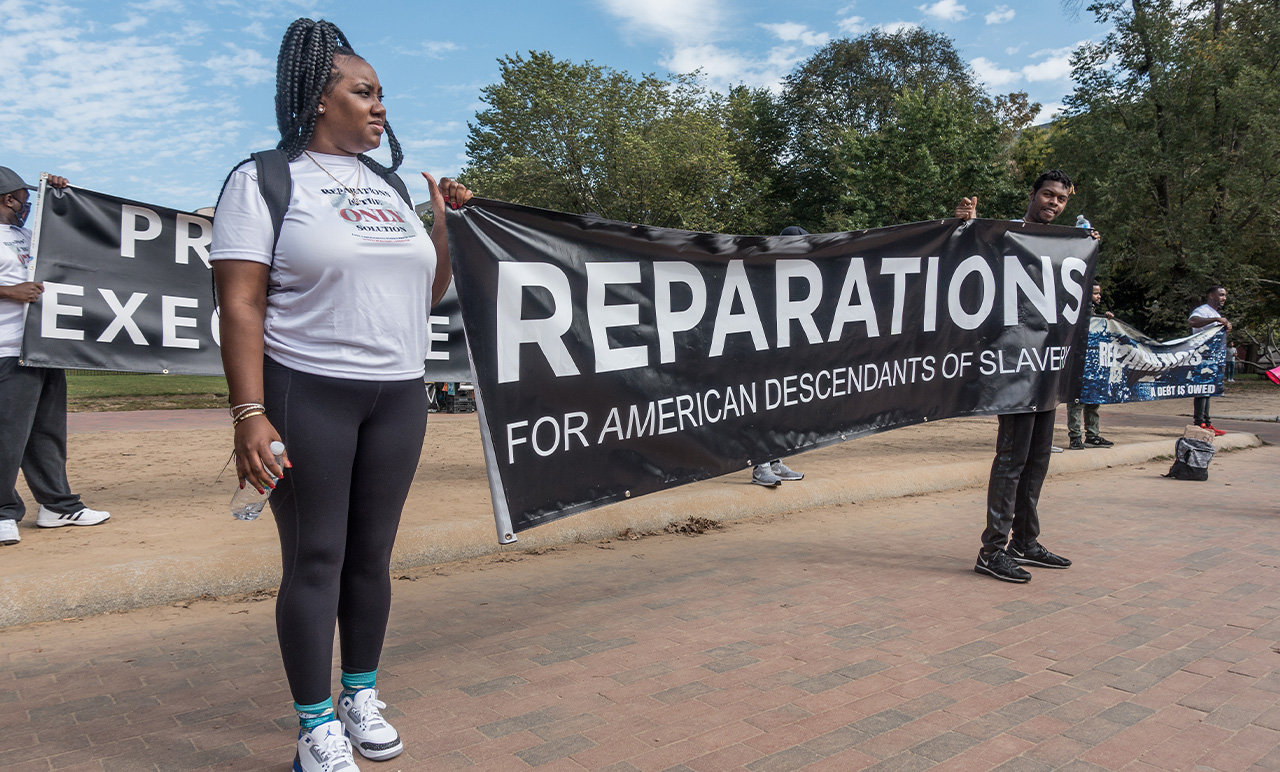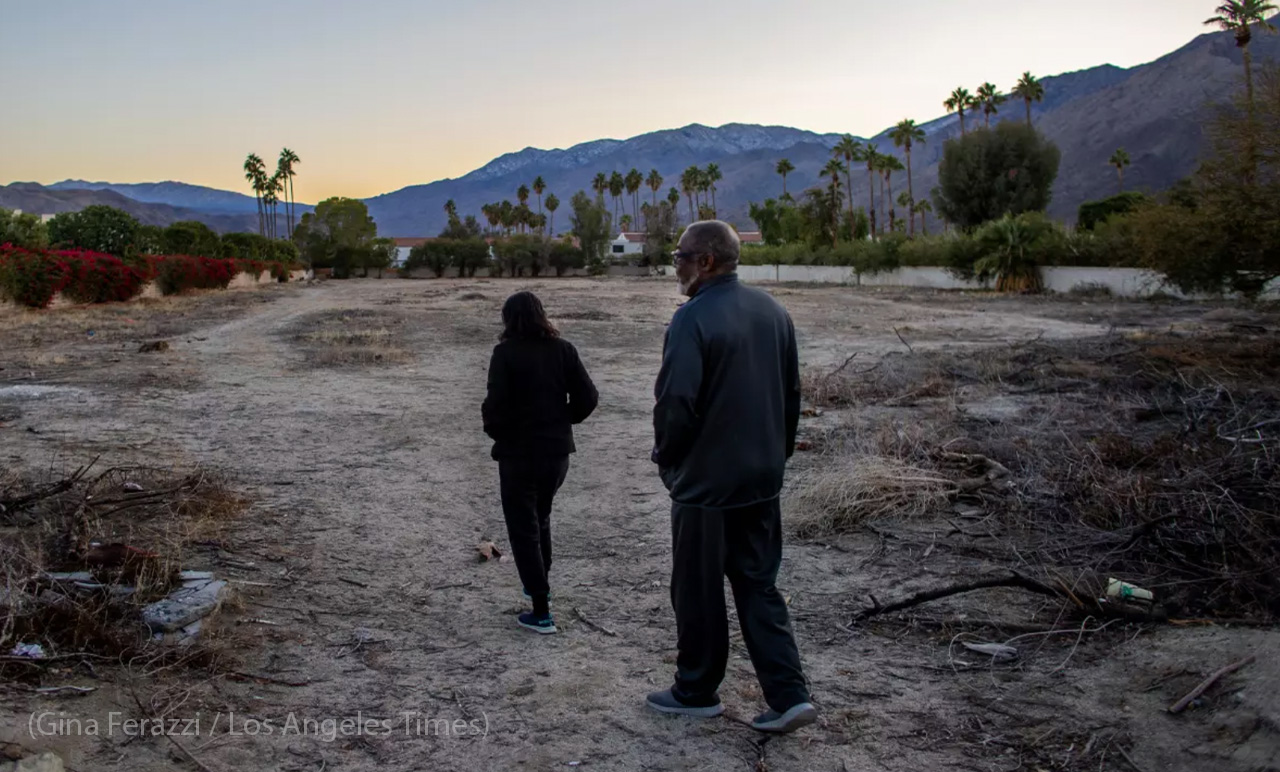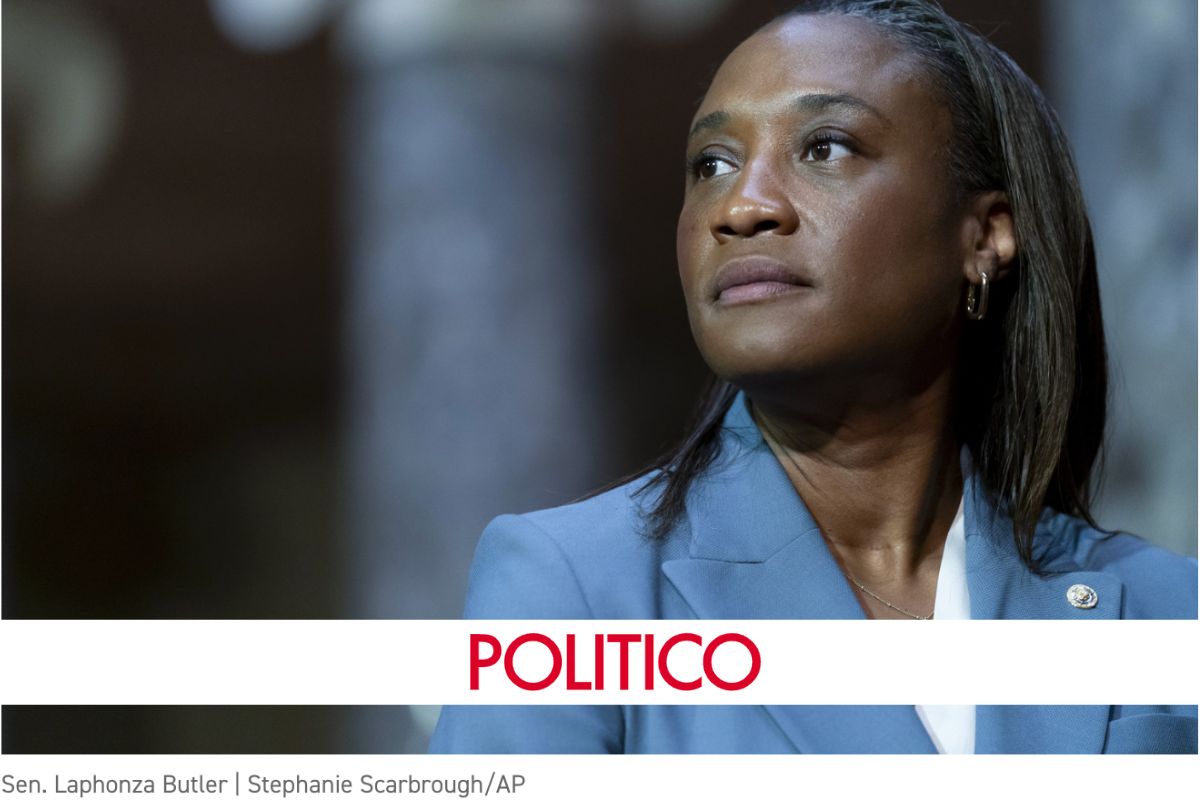Mourning in America
I didn’t know Alton Sterling or Philando Castille. I didn’t know the five officers killed in Dallas, but I feel like I have lost family members. All of these deaths have hit me hard. As a mother, civil rights attorney and someone who talks on TV about race, politics and social issues, I have been struggling to find my voice as I have been in mourning.
On Monday night after celebrating Independence Day, my social media feed began to blow up with messages from my loyal social community telling me to google a video of a police shooting. I wasn’t sure if they were referencing one of the many videos on the internet of Black men who have been shot by police. Maybe they wanted me to revisit the videotape of Laquan McDonnell or Walter Scott. But I did as requested and what I found wasn’t a tape from prior shootings, but was a horrific video of Alton Sterling being tackled by Baton Rouge cops and shot at close range in his chest. And it was last year, it was this week.
Tuesday, July 5th, 2016
I knew that my Tuesday wouldn’t be an ordinary day and that I would be joining experts around the country trying to help millions make sense of this graphic video and police shooting. I started the day at CNN and after 3 network and cable appearances discussing Alton Sterling, I was set to do my fourth hit on CNN International. Before I could get comfortable on the set, my social media feed began to blow up again. Another video. But this time, it wasn’t of the cop actually shooting, it was of a terrified young woman pleading with an officer as her fiancé mourned in pain from gunshot wounds from an officer’s gun fire. Philando Castile had been shot four times by a Falcon Heights police officer after a routine traffic stop. His fiancé and her four year old daughter sat in horror and watched him bleed profusely and take his last breaths. His fiancé could offer no help as the cop ordered her to keep her hands on the dashboard. The cop offered no aid and predictably, 32 year old Philando, or “Mr. Phil” as he was fondly called by his co-workers, died the most horrific death imaginable.
Reeling from these two murders, the national media was set to have the often painful discussion about race and the criminal justice system. I was prepared to join other commentators to explore why are African American men two and a half times more likely to be killed by police officers? Why of the over 500 people killed by police this year, 24 percent were African Americans when we make up only 12 percent of the population? And why is it that we never see viral videos of White men being shot and killed by police?
What was scheduled as a 20 minute interview on CNN Tonight with Don Lemon became a five hours of horror! Shortly after 7 pm PST, as we started to talk about what the murders of Alton Sterling and Philando Castile meant in terms of the fight for social justice, Don interrupted the discussion to tell us that he was getting breaking news of shots fired during a peaceful protest in Dallas. I initially thought that this was a random act by a coward trying to frighten those in the crowd who had gathered to protest police brutality. Sadly, within minutes, new reports started to roll in confirming that there was one and possibly two snipers and that officers were down.
Snipers Targeting Officers
I was numb. This couldn’t be happening. How could a peaceful protest of freedom fighters, a group comprised of mothers with strollers, pastors, college students and families, turn into a crime scene? Despite those who were quick to blame the protesters and the rally, we now know that the lone shooter was 25 year old Micah Xavier Johnson. Before being killed by police, Micah said he wanted to kill White people, particularly White police officers. He also said he was upset with Black Lives Matter, but clarified that he was not a part of that group or any other organization.
Despite that pronouncement by the Dallas police, there are some who want to spin a narrative that Johnson’s actions were spurred by the peaceful protests; that he represents BLM and other activists groups; and that but for protests of the kind we witnessed in Dallas, the murders of the police officers would not have occurred. I urge you to reject this flawed logic. Johnson himself made it clear that he was not acting on behalf of anyone. BLM activists have vehemently condemned his actions. Standing up for justice and fighting the inequities in the criminal justice system is not synonymous with promoting violence towards police.
We should all stand in solidarity with the fallen officers. We should pray for their families. We should reject any notion of violence as a means of achieving justice or the answer to the undeniable inequities in our criminal justice system and public schools. The fact is that people livening in marginalized communities have dramatically different interactions with police officers.
Likewise, we should continue to fight for justice for anyone who has been the subject of police brutality. Peaceful protests work. They are constitutional and lawful. They bring disparate groups together and provide a forum for discourse and fellowship. They create a dialog that often leads to new laws and positive policy changes. Protests help young leaders sharpen their skills and force existing leaders to find solutions to seemingly intractable problems and today, ironically, they are also a powerful reminder that we can back the blue, but we should never forget the two lives taken by police in Falcon Heights and Baton Rouge.


